We help you meet audit and compliance goals without the stress, bloat, or overkill. Whether it’s SOC 2, ISO 27001, HIPAA, or GDPR. Our team scopes it right from the start and gets you certified efficiently.
ISO 27001 is a globally recognized framework for establishing and maintaining an organization’s Information Security Management System (ISMS). This system helps ensure the protection of sensitive information by managing risks related to confidentiality, integrity, and availability. It also reassures stakeholders that information security risks are being effectively controlled. The standard outlines how organizations can build and operate a comprehensive information security program using documented policies, procedures, and various legal, technical, and physical safeguards. For maximum effectiveness, the ISMS should align closely with the organization’s core operations and governance structure. Security considerations should be embedded into the design of business processes, IT systems, and control mechanisms from the outset.

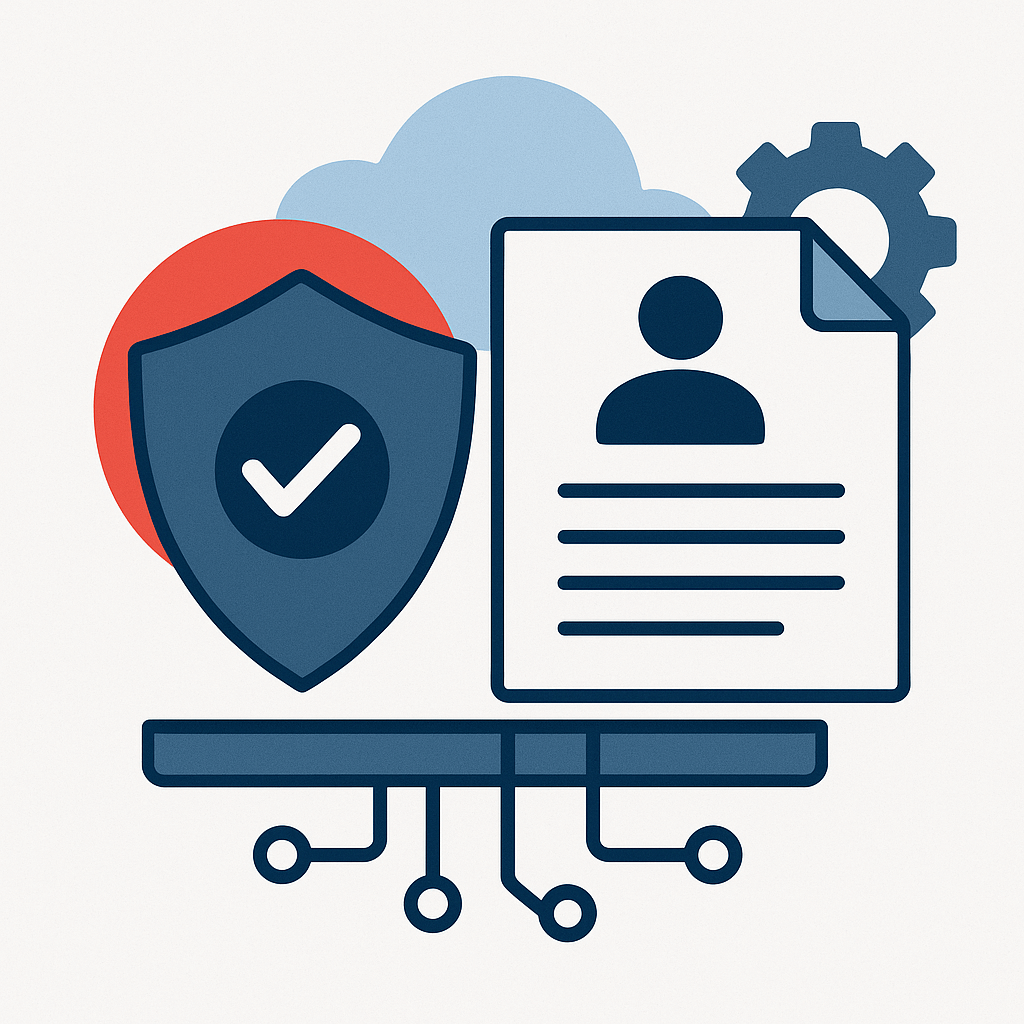
A SOC 2 audit demonstrates that your organization has established and is maintaining effective controls to protect client data, based on standards set by the AICPA. It provides third-party validation that your systems are securely managed and aligned with industry expectations around trust and transparency.
The General Data Protection Regulation (GDPR) is a comprehensive data privacy law enacted by the European Union to protect individuals’ personal information. It grants people greater control over how their data is collected, used, and stored, and applies to any organization, regardless of location, that handles the personal data of individuals in the EU. GDPR requires businesses to implement strong security practices and governance policies to ensure the privacy and protection of that data.
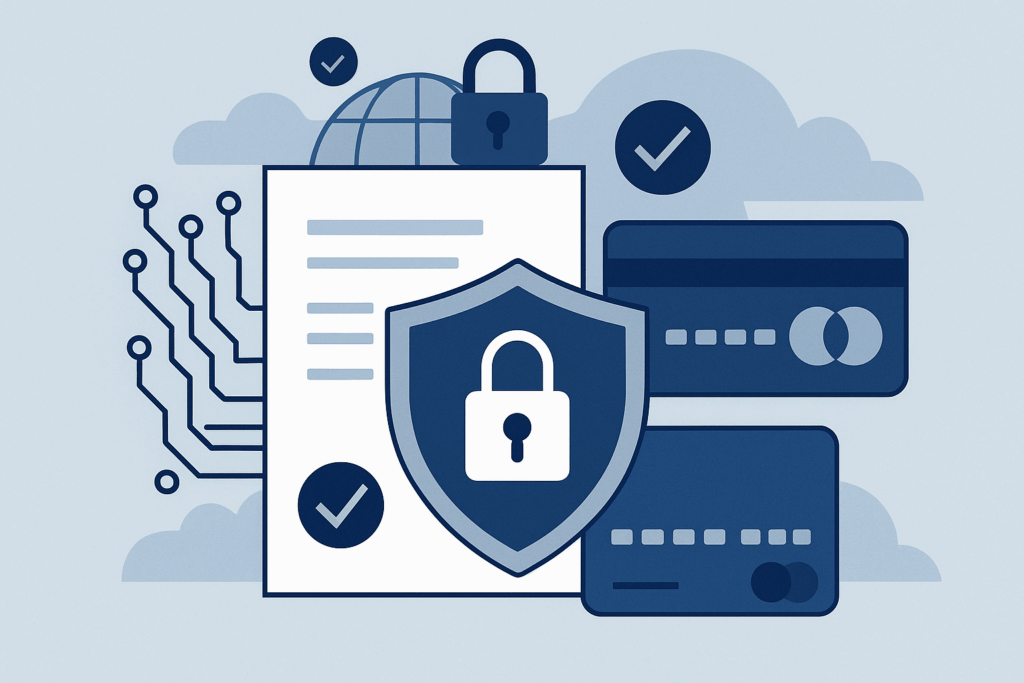
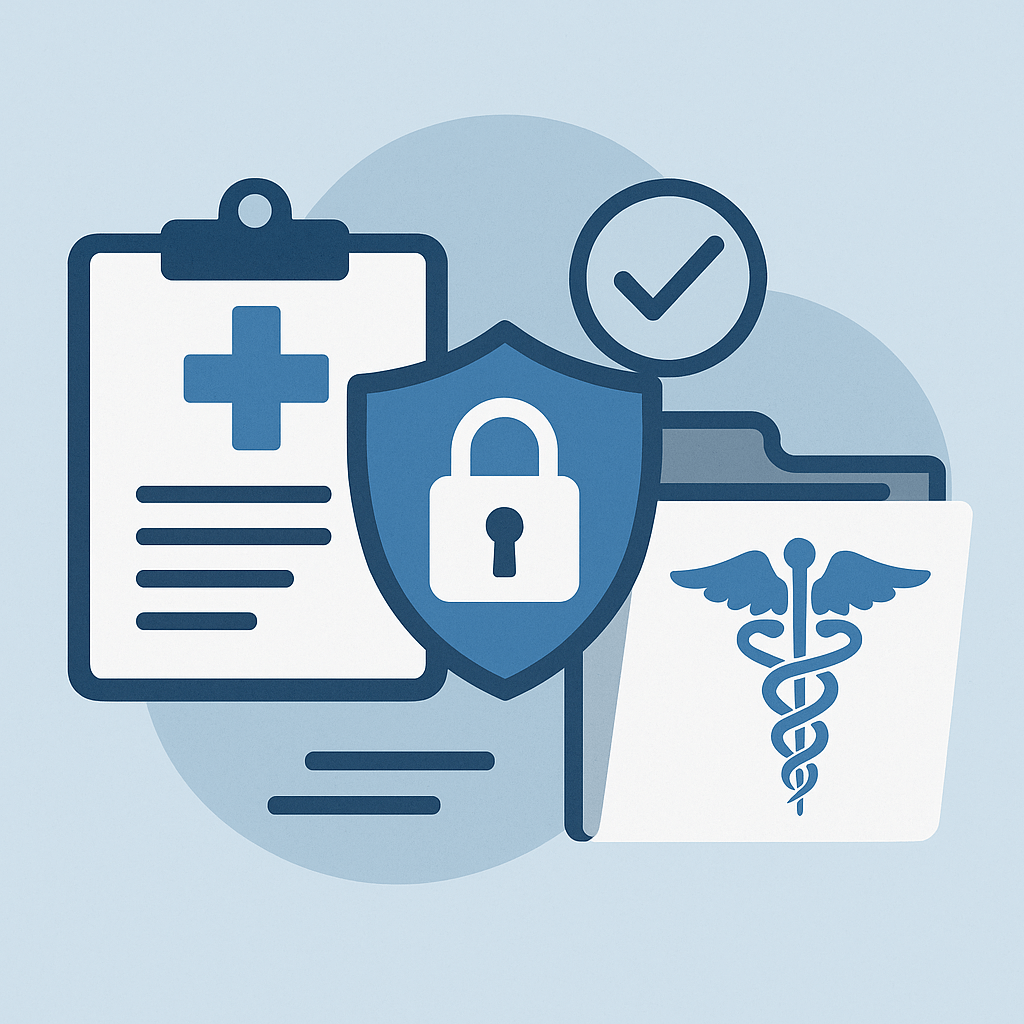
The Health Insurance Portability and Accountability Act (HIPAA) establishes federal guidelines for safeguarding individuals’ protected health information (PHI). It requires organizations to implement effective risk management practices and enforce administrative, technical, and physical controls to ensure data security. HIPAA aims to enhance transparency and accountability in how sensitive health information is handled, with the Office for Civil Rights (OCR) under the Department of Health and Human Services responsible for enforcing compliance with the Privacy, Security, and Breach Notification Rules.
We provide 24/7 visibility into your infrastructure using advanced SIEM platforms and intrusion detection tools. Our team monitors traffic and log data in real time to quickly identify irregular activity and alert your security team, reducing risks without overloading your internal resources.
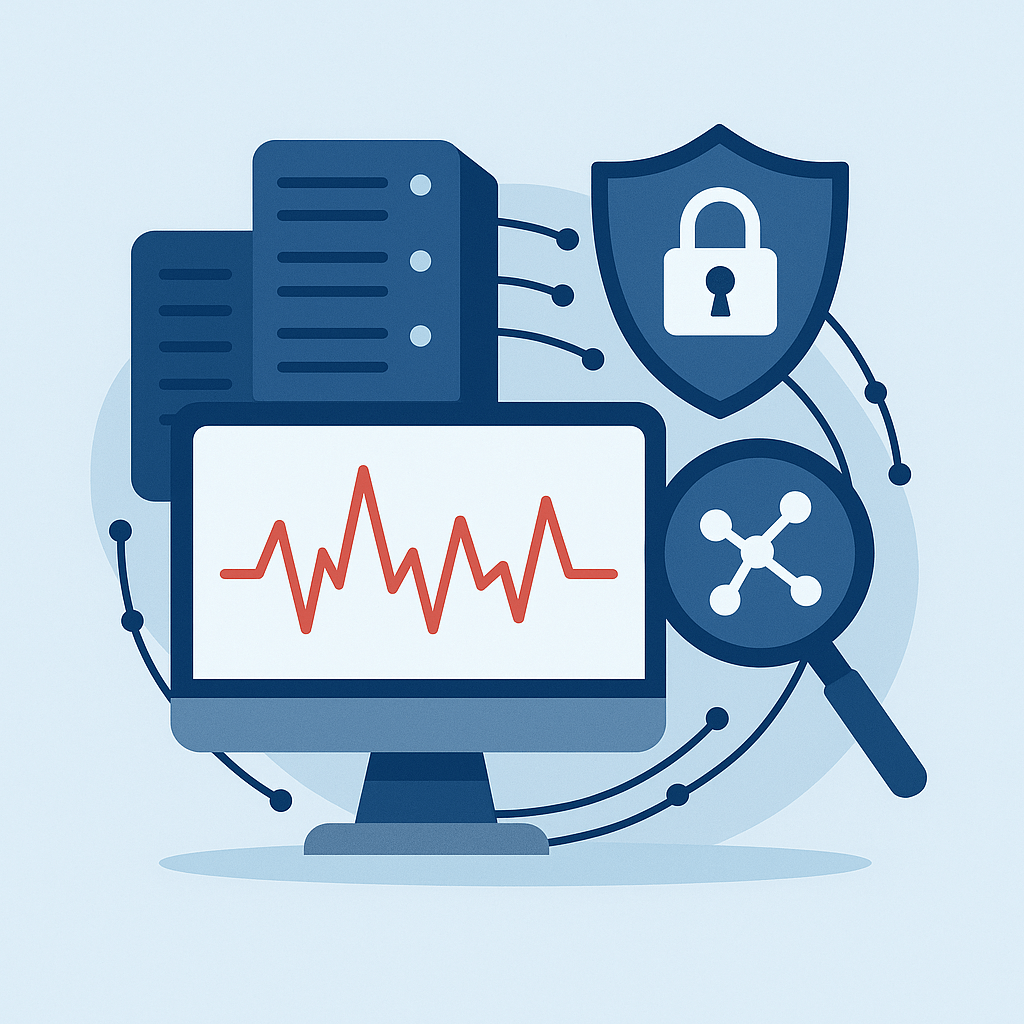
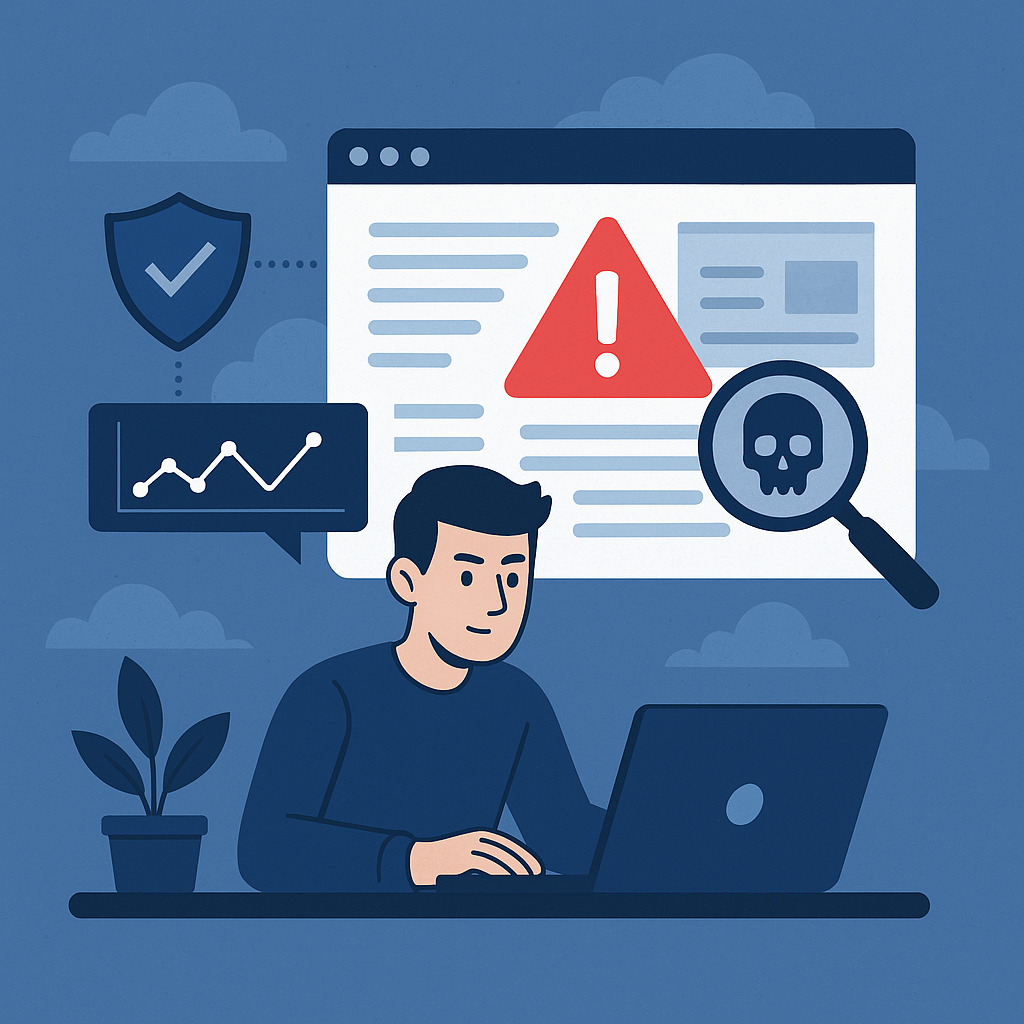
Your public-facing websites and applications are constantly exposed to threats. Our monitoring service continuously tracks user interactions and scans for suspicious activity. We identify anomalies that may indicate a compromise and provide early warning to keep your digital presence secure.
This service combines automation and human analysis to detect both known and emerging cyber threats. We use behavioral analytics, threat intelligence, and anomaly detection to reveal attack patterns before they lead to disruption or data loss.
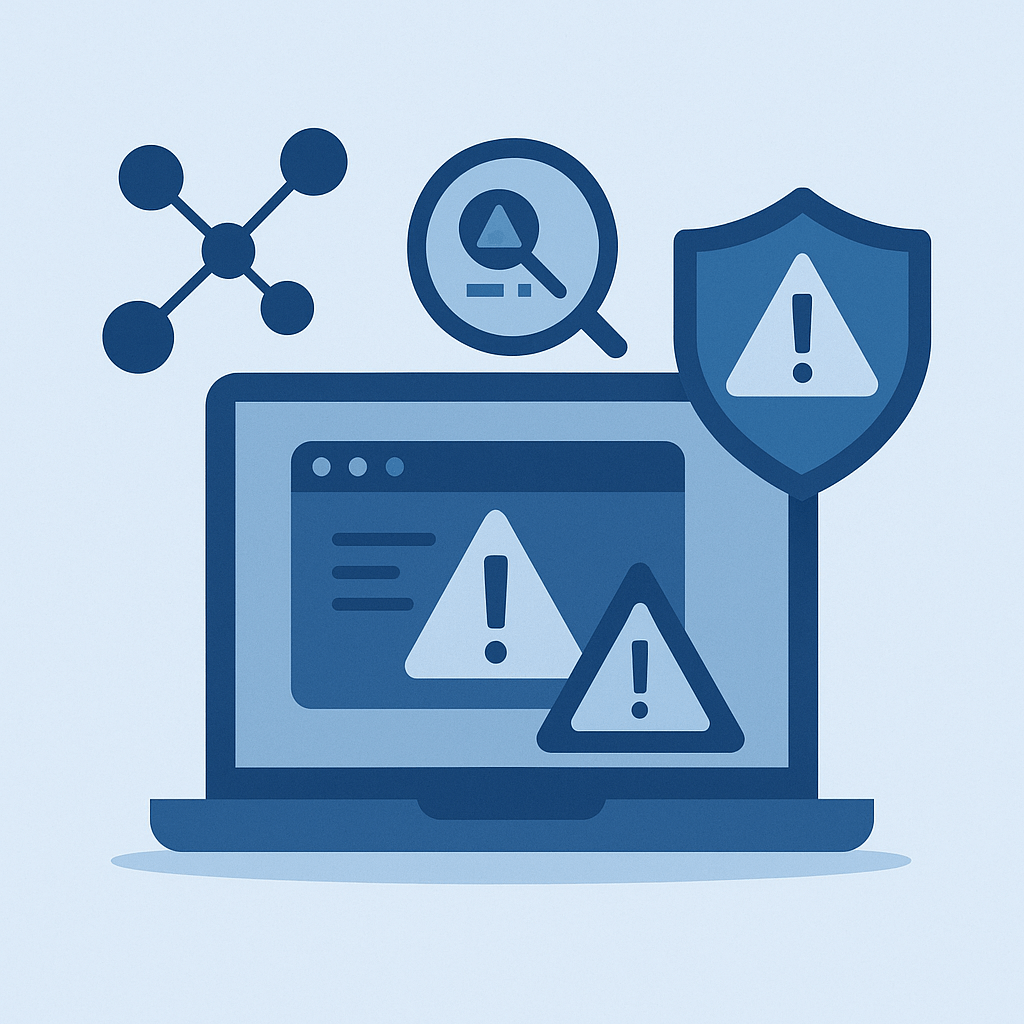
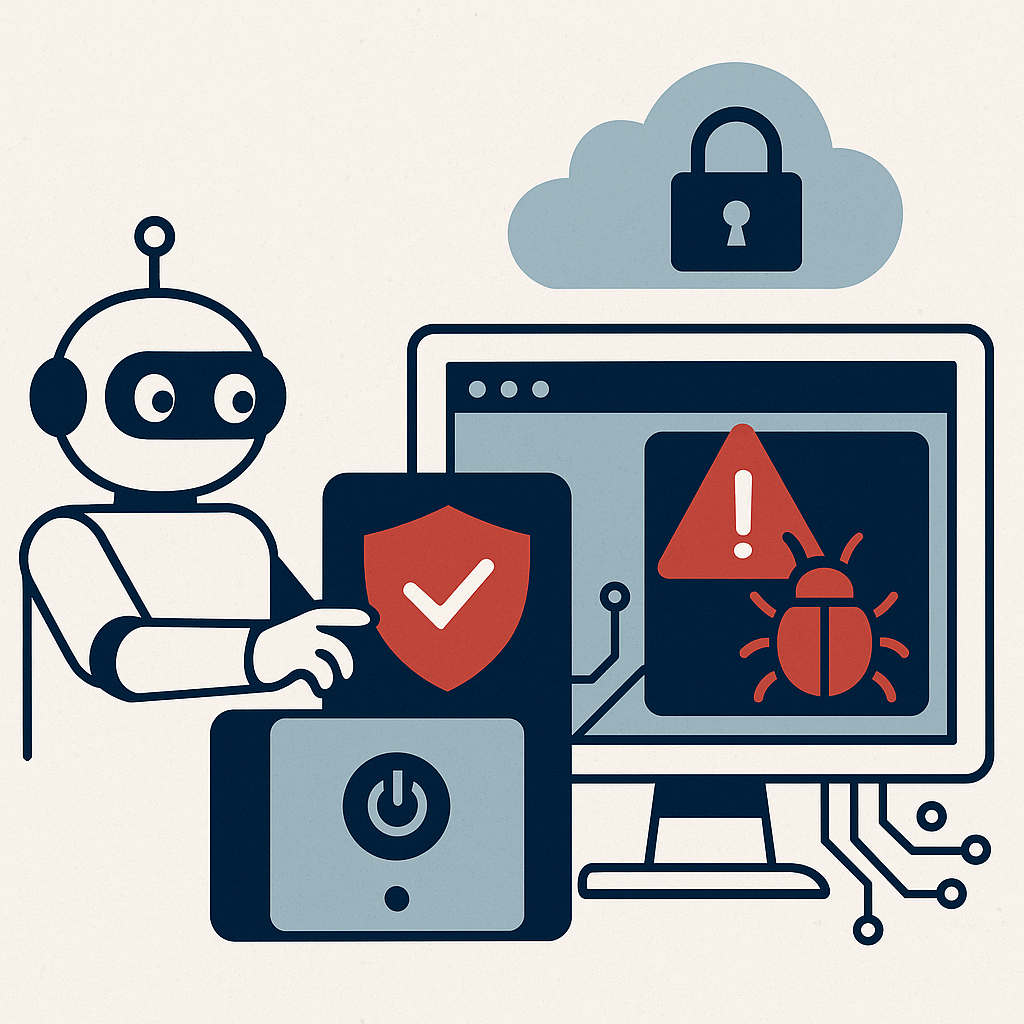
After a threat is detected, our system takes immediate action based on preconfigured rules. It can isolate endpoints, block malicious sessions, or trigger alerts for further investigation. This rapid response capability is supported by expert oversight to ensure incidents are handled swiftly and accurately.
This service helps organizations move workloads to the cloud securely. It begins with risk and data classification, applies secure transfer and access controls, and integrates security into the DevOps pipeline using infrastructure-as-code, encryption, and continuous monitoring for compliance and drift.

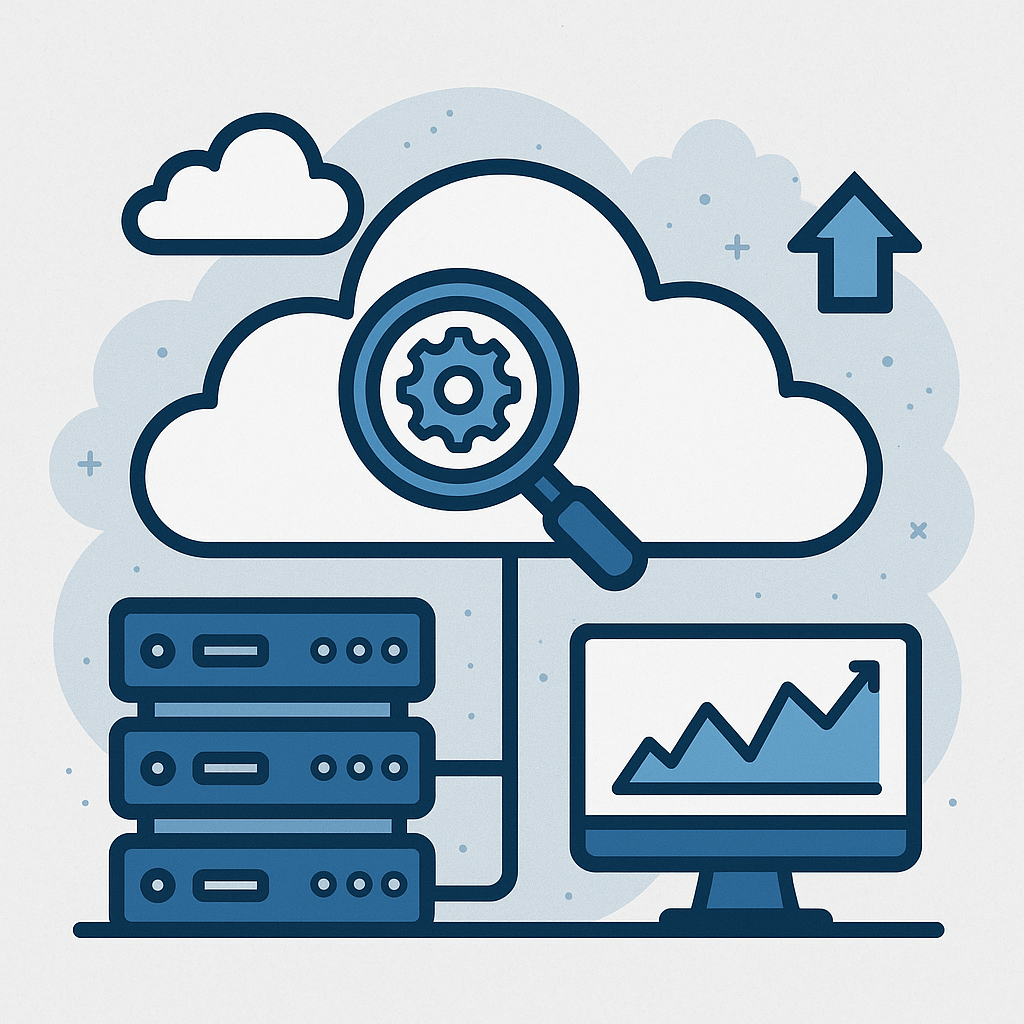
Once in the cloud, this service maintains and optimizes your environment with ongoing automation, configuration management, posture monitoring (CSPM), IAM tuning, vulnerability scanning, and policy-as-code. It ensures stable, compliant cloud operations aligned with security best practices.
With the growing shift to cloud-based platforms, businesses must ensure their data remains protected and aligned with compliance requirements. Our cloud security assessments help you evaluate how your cloud setup is structured, identify potential vulnerabilities, and confirm that your environment meets the necessary security and regulatory standards and giving your customers and stakeholders peace of mind.
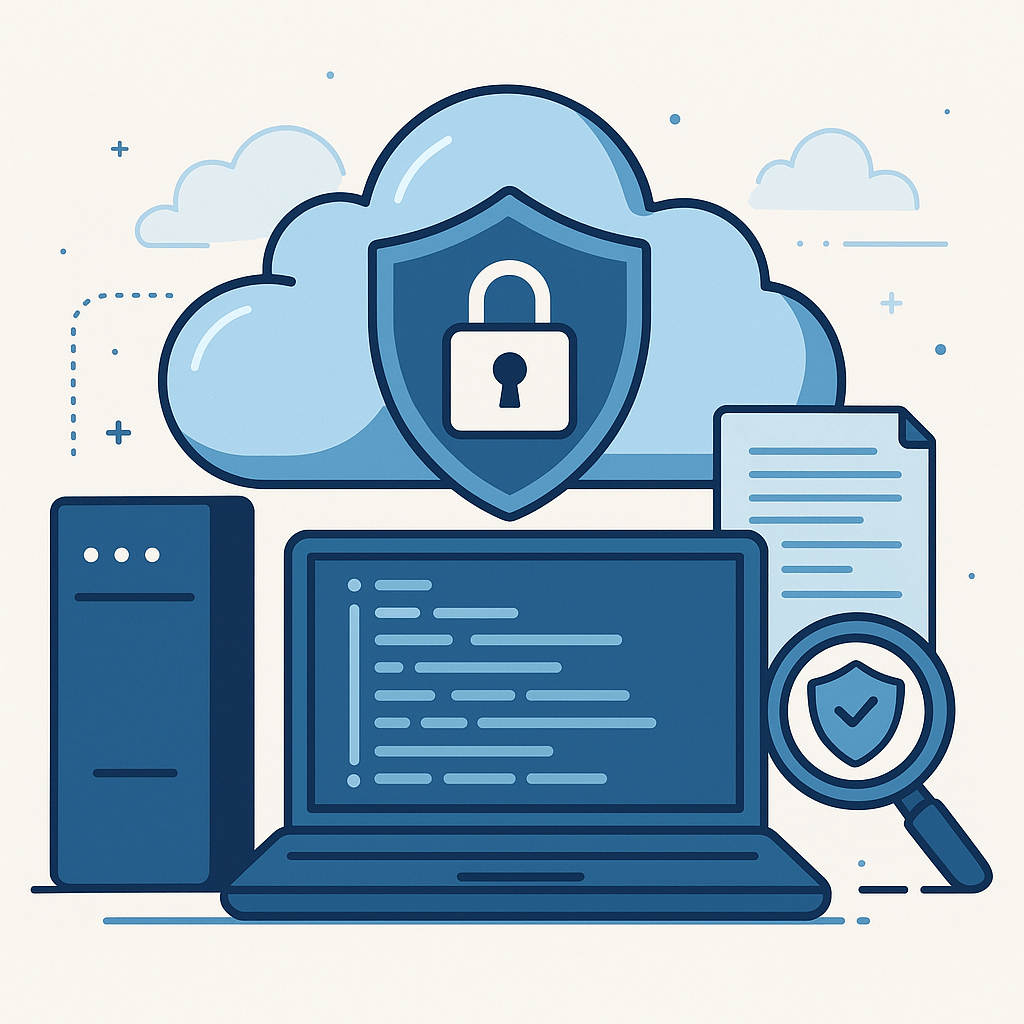
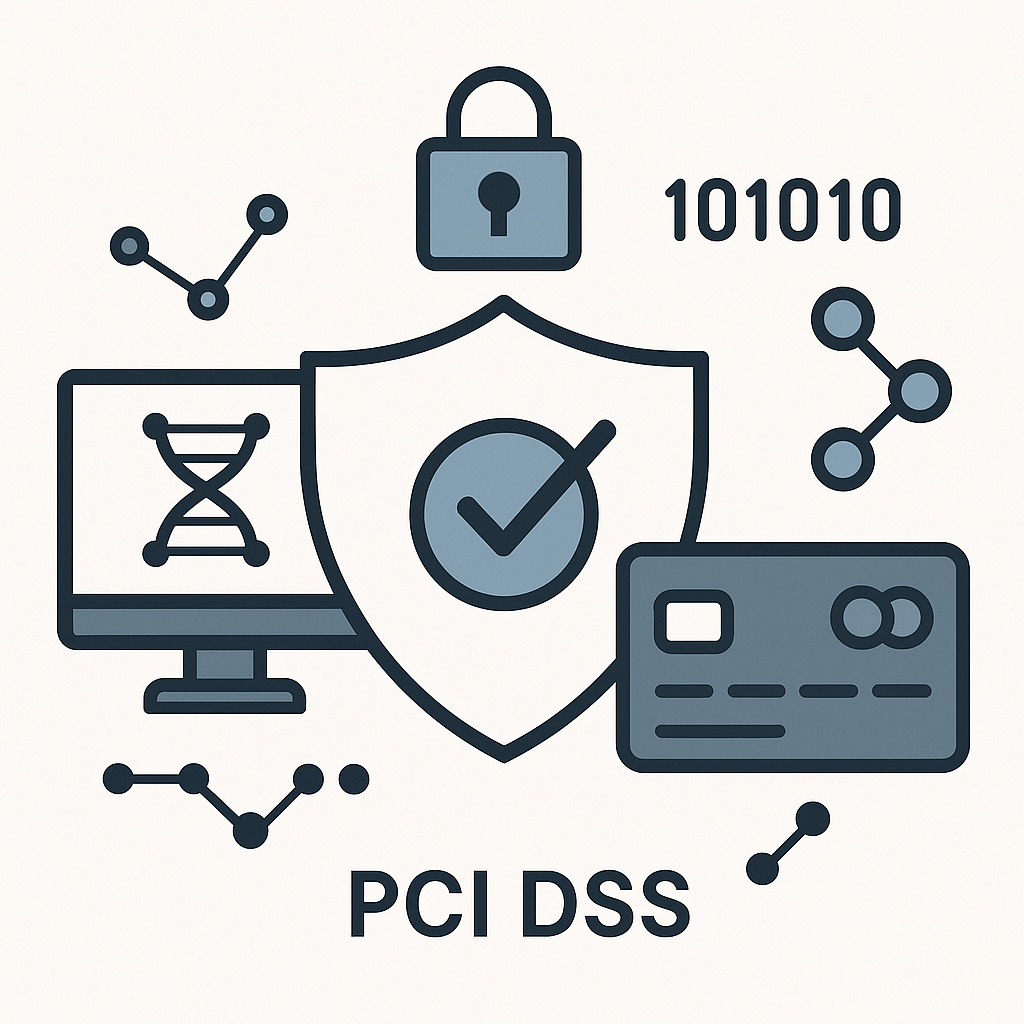
Organizations that handle payment card information – whether you’re a merchant, third-party service provider, or a supporting vendor – must adhere to the Payment Card Industry Data Security Standard (PCI DSS). This requirement applies to any entity that stores, processes, or transmits cardholder data, ensuring that payment information is protected from breaches and fraud throughout the transaction lifecycle.